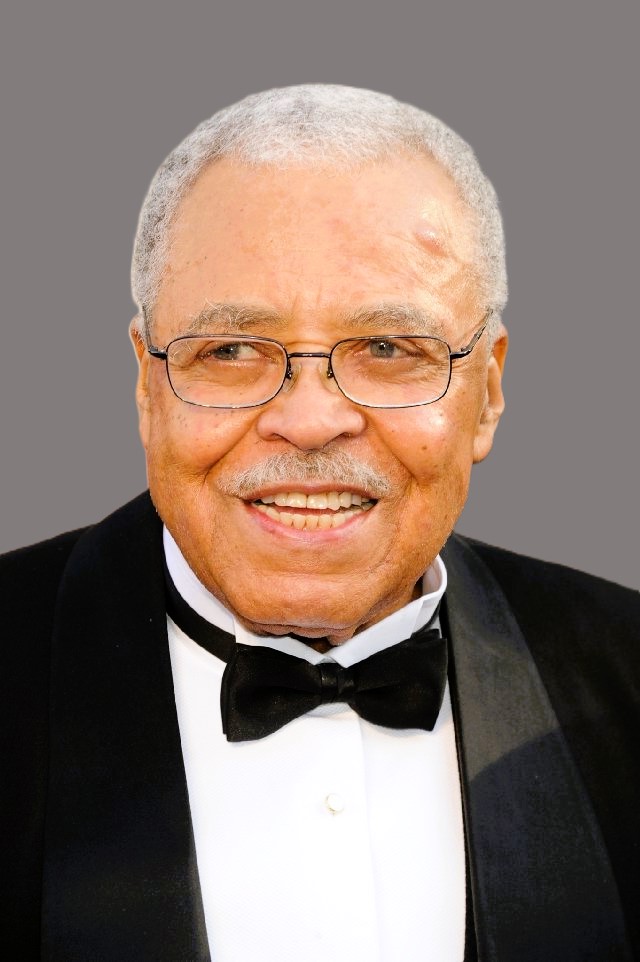
James Earl Jones, one of the most revered actors of his generation, has passed away at the age of 93. Known for his powerful, unmistakable voice and commanding presence, Jones left an indelible mark on film, theater, and television. His career spanned over seven decades, and he is remembered for his diverse roles, from the iconic voice of Darth Vader in Star Wars to the heartfelt portrayal of Terrence Mann in Field of Dreams.
A Towering Figure in Hollywood and Broadway
Born on January 17, 1931, in Arkabutla, Mississippi, James Earl Jones grew up during a time when acting roles for African Americans were limited and often stereotypical. Despite these challenges, he pursued a career in acting, studying drama at the University of Michigan and later attending the American Theatre Wing. He made his Broadway debut in 1957, quickly establishing himself as a serious actor with a commanding stage presence.
Jones’ rich, baritone voice became his trademark and helped propel him to prominence. His performance in the 1968 stage production of The Great White Hope, where he played the pioneering African American boxer Jack Johnson, earned him widespread critical acclaim. The role won him a Tony Award for Best Actor and further solidified his reputation as a serious and talented performer. Jones reprised his role in the film adaptation in 1970, earning an Academy Award nomination for Best Actor.
The Iconic Voice of Darth Vader
James Earl Jones’ unmistakable voice became legendary with his portrayal of Darth Vader in the Star Wars franchise. Although David Prowse played the character physically, it was Jones’ deep, authoritative voice that brought the menacing Sith Lord to life. When Star Wars: A New Hope premiered in 1977, audiences were immediately captivated by the character, largely due to Jones’ contribution. His portrayal of Darth Vader left an enduring cultural legacy, and even decades later, his voice continues to be synonymous with one of cinema’s greatest villains.
James Earl Jones once humbly downplayed his involvement in Star Wars, stating that he was only a “special effect.” However, his work as the voice of Darth Vader remains one of the most iconic performances in film history. Despite the briefness of his vocal contributions, they resonated deeply with fans, and Jones would go on to voice Vader in several subsequent Star Wars films and projects.
A Celebrated Career in Film
Beyond Star Wars, James Earl Jones built a rich filmography that showcased his versatility as an actor. In 1989, he starred alongside Kevin Costner in Field of Dreams, playing the role of Terrence Mann, a reclusive writer whose connection to the past becomes a critical part of the film’s emotional core. Jones’ portrayal was poignant and powerful, offering audiences a performance that embodied hope, nostalgia, and redemption.
Other notable roles include his portrayal of King Jaffe Joffer in the beloved comedy Coming to America (1988) and its 2021 sequel. His comedic timing, paired with his regal bearing, created an unforgettable character. Jones also voiced Mufasa, the wise and noble lion in Disney’s The Lion King (1994), a role that further cemented his status as a beloved figure in popular culture.
A Revered Figure in Theater
While James Earl Jones’ film work was undoubtedly impressive, his contributions to the theater were just as significant. His powerful stage performances earned him two Tony Awards, including the aforementioned The Great White Hope and his performance in Fences by August Wilson. Throughout his career, he returned to the stage many times, continuing to prove his skill and passion for live performance.
In addition to his acting talents, James Earl Jones was a trailblazer for African American performers in Hollywood and Broadway. His success helped open doors for future generations of actors of color, and his presence in major roles helped challenge and change racial stereotypes in the industry.
A Lasting Legacy
James Earl Jones’ passing marks the end of an era for Hollywood, Broadway, and the world of voice acting. His career was characterized by both its longevity and its depth, with Jones demonstrating an extraordinary range of talent across genres and mediums. Whether on the stage, in front of the camera, or behind the microphone, he brought grace, power, and an unparalleled voice to every role.
James Earl Jones’ death leaves a void in the entertainment world, but his legacy is one that will endure for generations. His contributions to film, theater, and popular culture will continue to be celebrated, and his unforgettable performances will ensure that his memory lives on in the hearts of millions.
